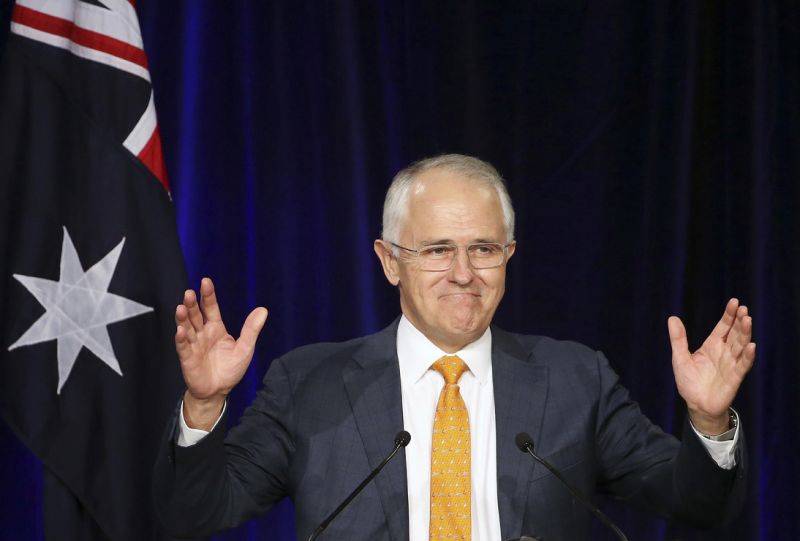Malcolm Turnbull’s Liberal government, which won the federal election last month, has revealed a Smart Cities and Suburbs Program, with the intention of bringing local councils and tech firms to the table.
The $50 million program calls for local councils to implement smart city technology to improve cities and suburbs. Federal funds will back part of the project; private and local funding will pay for the rest.
See Also: Will smart cities overload Australia’s broadband network?
It will host a series of public-private roundtable sessions next month that attempt to establish contracts between councils and companies.
“The Smart Cities and Suburbs Program is to support clever technology ideas to fix difficult or long standing community issues,” said the Assistant Minister for Cities, Angus Taylor, at the Future Cities Summit. “The most valuable projects will be transformative collaborations between multiple councils and technology industry partners that link closely with future plans for the area.”
The federal government is looking for projects that enhance the security, livability, and sustainability of cities. Projects that look to reduce the local council costs would also be considered, as the Liberal government looks to reduce the budget deficit.
Chinese telecommunications giant Huawei has already shown interest in building Internet of Things (IoT) platforms in Australian cities. It launched a trial of its smart sewage platform in Victoria a few months ago, in partnership with Vodafone.
Australia announcement looks familiar
Australia is not the first country to bring cities and companies together. In the U.S., the Department of Transportation (DOT) recently ran a Smart City Challenge, which offered $40 million (plus $10 million from Paul Allen’s Vulcan) to the city with the most compelling manifesto.
Columbus, Ohio won, but many of the finalists like Denver, Colorado and San Francisco, California said that private investment reached over $20 million. Some of the cities plan to continue to the public-private projects, while others have said they plan to be more open to tech experts and firms in the future.
Australia’s government should be hoping for a similar outcome, even if the program isn’t winner takes all.


















